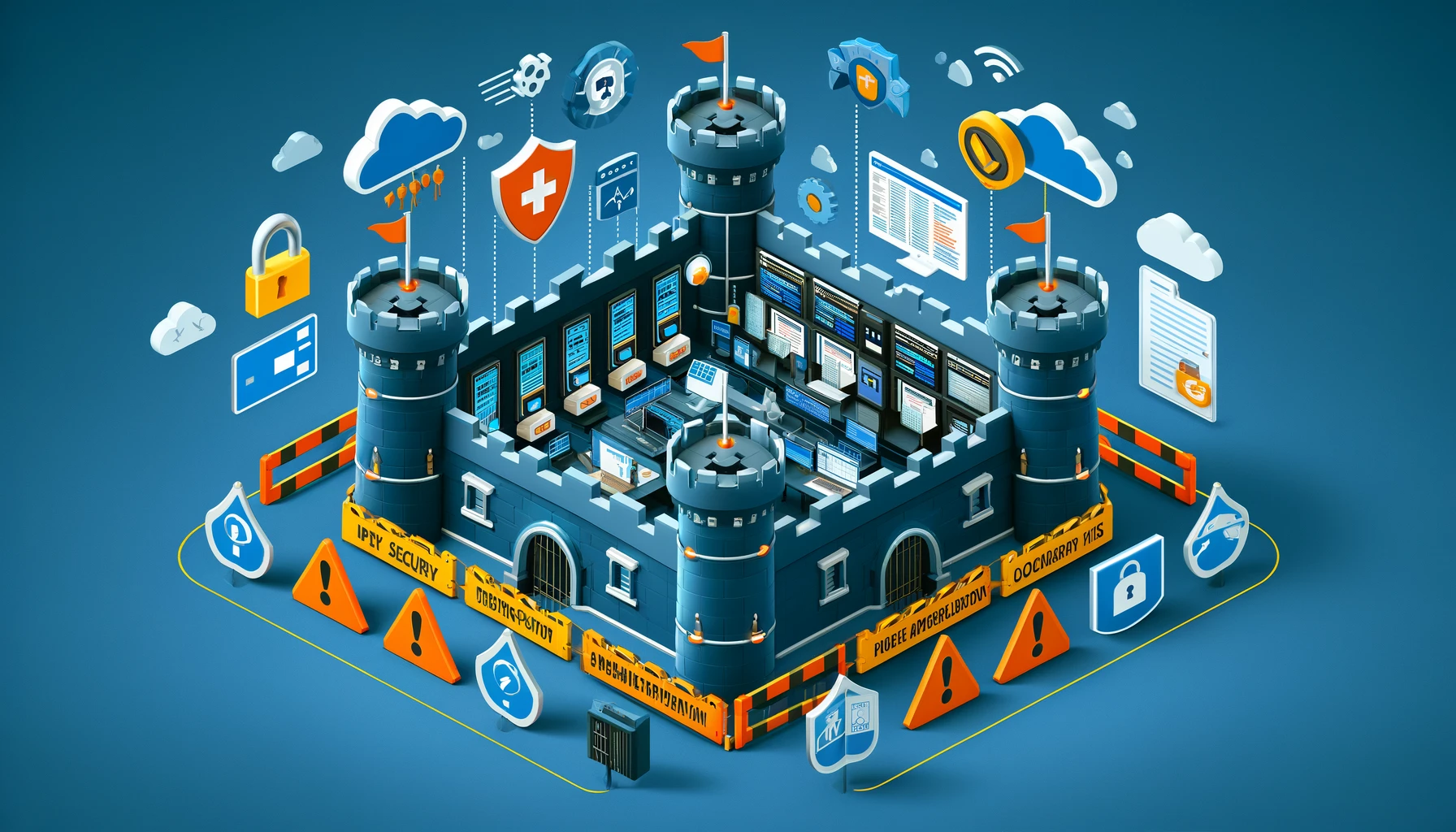2023 and 2024 have been marked by several significant data breaches, each serving as a stark reminder of the persistent vulnerabilities within modern enterprises. By examining these incidents, organizations can glean valuable insights that underscore the importance of proactive security measures.
Here are some key takeaways from recent data breaches that could have been prevented by a combination of Identity Hygiene tools and a stronger Identity Hygiene posture.
Breach Overviews
23andMe Data Breach
Hackers accessed millions of 23andMe profiles using a credential stuffing attack, exploiting an opt-in feature that allowed for data scraping from user profiles.
- What Went Wrong: Credential stuffing attacks exploited weak or reused passwords, enabling unauthorized access to user data.
- Key Takeaway: Implementing stricter password policies and encouraging or enforcing two-factor authentication can greatly reduce the risk of such breaches.
Read more about the breach here
McLaren Health Care Data Breach
A data breach at McLaren Health Care exposed sensitive information on approximately 2.2 million patients due to system compromise.
- What Went Wrong: Delayed detection allowed unauthorized access to continue unchecked until the breach was discovered.
- Key Takeaway: Continuous monitoring and rapid breach detection systems are crucial in minimizing the impact and extent of data exposure.
Read more about the breach here
Okta Data Breach
Okta suffered a data breach after a threat actor used stolen credentials to access its customer support system.
- What Went Wrong: Compromised service account credentials led to unauthorized access, highlighting the risk of storing sensitive credentials without adequate safeguards.
- Key Takeaway: Regularly updating and managing service account credentials and using multi-factor authentication can help prevent similar incidents.
Read more about the breach here
Air Europa Data Breach
Air Europa urged customers to cancel credit cards after hackers accessed their financial information during a data breach.
- What Went Wrong: Security measures failed to protect sensitive customer financial information from unauthorized access.
- Key Takeaway: Encrypting sensitive data and strengthening endpoint security can protect against such financial data breaches.
Read more about the breach here
The impact of Identity Hygiene on breaches like these
-
Enhanced Identity and Access Management
Recent breaches, such as those affecting companies like 23andMe and McLaren Health Care, have shown the dangers of inadequate access controls and the need for robust identity and access management systems.
Implementing more stringent controls could prevent unauthorized access, even if attackers obtain user credentials. Tools that offer enhanced monitoring and management of user privileges could have helped mitigate these breaches by ensuring that only authorized users accessed sensitive information. -
Real-time Threat Detection and Response
The breaches at organizations like Okta and Air Europa highlighted the necessity for real-time threat detection and response capabilities.
Early detection systems could have identified unusual access patterns or unauthorized information access attempts, triggering immediate alerts and potentially stopping breaches before they caused extensive damage. -
Comprehensive Auditing and Compliance Checks
The scale of the breaches, particularly the massive exposure at the Indian Council of Medical Research, demonstrates the need for continuous auditing and compliance enforcement.
Regular system audits and compliance checks could help identify and rectify security gaps that might lead to data exposure. A platform that facilitates regular audits and reports on compliance status could be crucial in maintaining security standards. -
Training and Awareness Programs
Many of the recent breaches exploited human errors or weak security practices, such as those seen in the widespread use of compromised credentials in credential stuffing attacks.
Continuous training and awareness programs are essential to educate employees about the latest security threats and the best practices for avoiding them. Tools that assist in rolling out regular security training sessions and simulations could help reinforce a culture of security awareness within an organization. -
Secure Data Handling and Encryption
The theft of sensitive information, including health data and personal identifiers, underscores the importance of secure data handling practices and robust encryption.
Ensuring that all sensitive data is encrypted, both at rest and in transit, could significantly reduce the impact of a breach. Utilizing platforms that automate and enforce encryption policies would ensure data security across all levels of an enterprise.
These takeaways underscore the necessity for a layered security approach, combining advanced technology solutions with rigorous policies and training.
To learn more about how SPHEREboard can protect your organization from a breach, contact one of our Identity Hygiene experts today.





%20strategies%2c%20emphasizing%20the%20importa.webp)